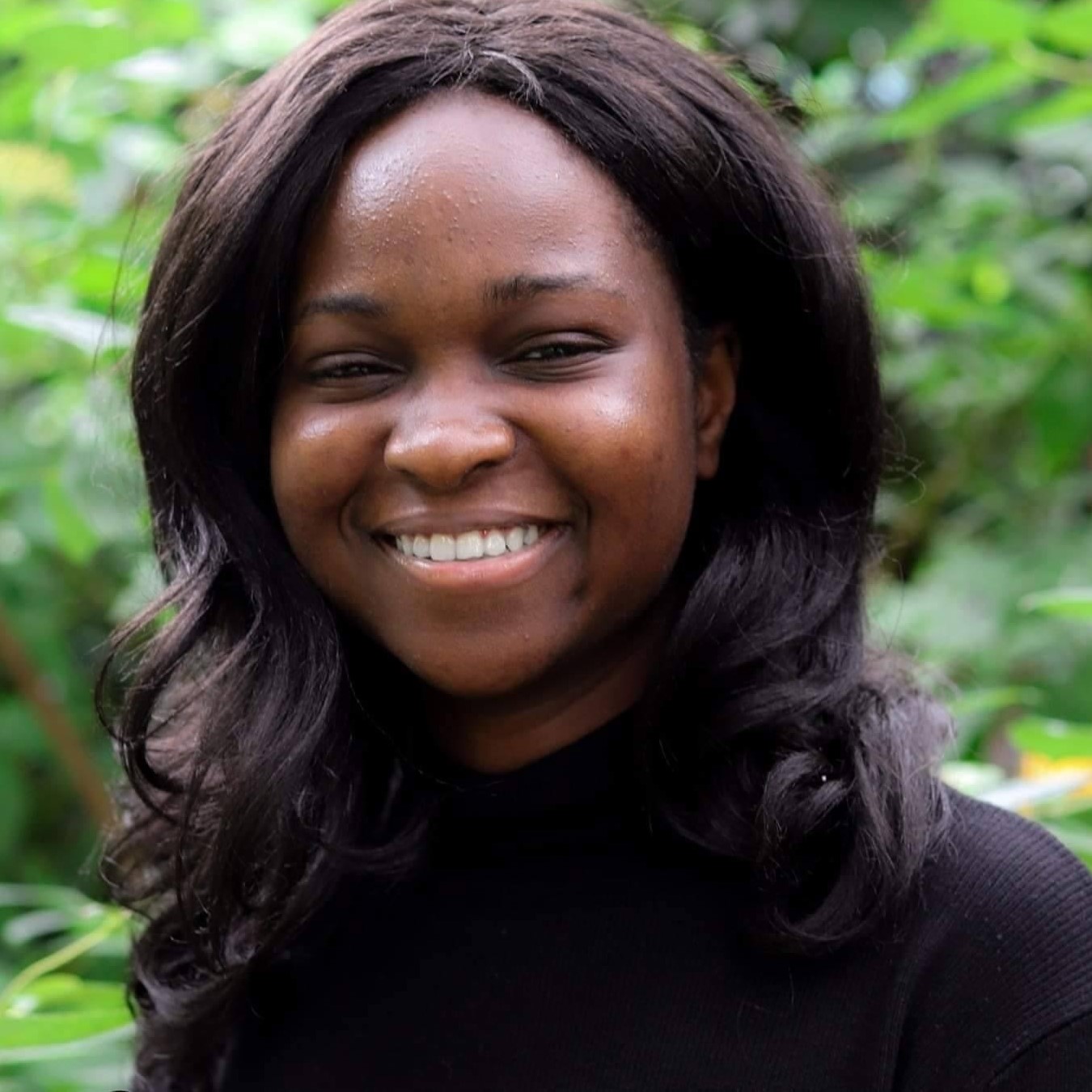Enhancing black representation and leadership in the HIV response

By Oluwakemi Agunbiade
This Black History Month, National AIDS Trust wishes to celebrate and champion the value of black leadership and representation to create impactful community change and address health inequality.
In 1987, four members of the Black Labour Party Sections became the first black MPs in the House of Commons. The true significance was not necessarily them being the first, but was that the lived experience of black African and Caribbean people finally had a voice in parliament. This win was due to the tireless work of community activists who felt the needs, problems and values of black voters would not be prioritised until the solutions had insight from MPs and ministers with similar experience as them. While having some black representatives in Parliament will not fix everything, there has been real power in greater community representation and involvement in political life that can reflect the nuance of lived experience. There is an appreciation that empowering within the community to enhance political representation is vital.
The Unheard Voices project, on which we partner with One Voice Network, was pitched with a similar desire: to end structural inequalities by ensuring Black communities living with HIV can hold decision-makers to account, influence actions, and become part of the decision-making process. The urgency to involve black voices in the structuring of HIV services is to target the disproportionate impact HIV has on black communities. This year, UKHSA reported that of people first diagnosed in England, 37% of new diagnoses from heterosexual contact were Black African even though 3.3% of the UK population is black. The Unheard Voices project gains insight directly from and aims to empower members of black communities to inform the practices within the HIV services that impact them.
One Voice Network is a collection of black-led organisations committed to culturally informed strategies to target late HIV diagnosis, integrate testing and encourage HIV treatment reengagement within black communities. Through Unheard Voices, we worked with them to collect and summarise data to identify some of the barriers to achieving equality in HIV outcomes in black communities. One of the key reoccurring themes identified was low risk perception and lack of information. According to the latest African Health and Sex Survey (2013-2014), 72.7% of survey users did not know about the disproportionately high HIV prevalence in black African communities and 35.8% were not aware that HIV medication is freely available to any individual in the UK who needs it. Additionally, HIV Prevention England survey from 2019 also saw that 53% of Black African men and women had heard about PrEP before, compared to 84% of GBM, even though some claimed they be willing to take it. These results reinforce the needs of campaigns that reach these communities. Being unaware of the issue means people are less likely to actively try to test or seek medication as they don’t perceive the risk as one that might impact them.
Significantly, the intersection of race and HIV stigma and the history of medical mistrust prevent black people from accessing testing, treatment and PrEP even when they have the information. Fear of isolation from one’s own community is especially important to this conversation as sense of community helps many black people navigate feeling disconnected from the wider UK population due to racism and anti-blackness.
HIV stigma already severely impacts mental health without the added experiences of societal racism and in some cases, immigration. And alongside addressing the fears of social consequences, we must also acknowledge the history of medical bias black people have endured. This context is often dismissed in campaigns targeting black communities, but we need compassion and understanding of the nuance of how identity impacts stigma and the community’s relationship with the healthcare system . General informative campaigns need to be tailored to the Black African community, without singling them out. Representation and involvement is part of this – campaigns that are from within a community not simply targeted at it.
The communities we represent should be the leaders of their vision for services that reflect their needs. This cannot be done without continuing to reflect on the history of and champion space for black leadership and community involvement. The next stage of the Unheard Voices project will work reflect this need and to affect the barriers identified in the initial stages.
The Unheard Voices project would not be possible without One Voice Network and its members: Addington Afro-Ethnic Health Promotion Group (AAEGRO), Africa Advocacy Foundation (AAF), African Institute for Social Development (AISD), African Equality Foundation, African Health Policy Network (AHPN), Embrace UK, French African Welfare Association (FAWA), House of Rainbow and Organisation of HIV Positive African Men (OPAM).


